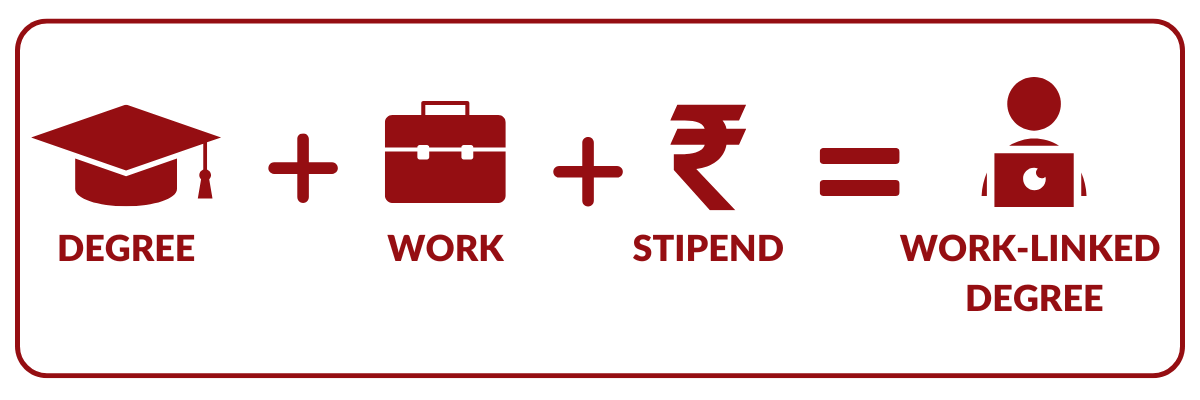-
Admission Helpline 9240203940
- admission@wlp-cu.com
Course Duration:
2 Years

Mode of Learning:
Online

Medium of Instruction:
English
Course Eligibility:
Bachelor's Degree with Economics as one of the compulsory subjects at graduation level.
Internship Eligibility:
Age limit: 26 years
*Earnings depend on role, industry, company policies, and internship availability.





